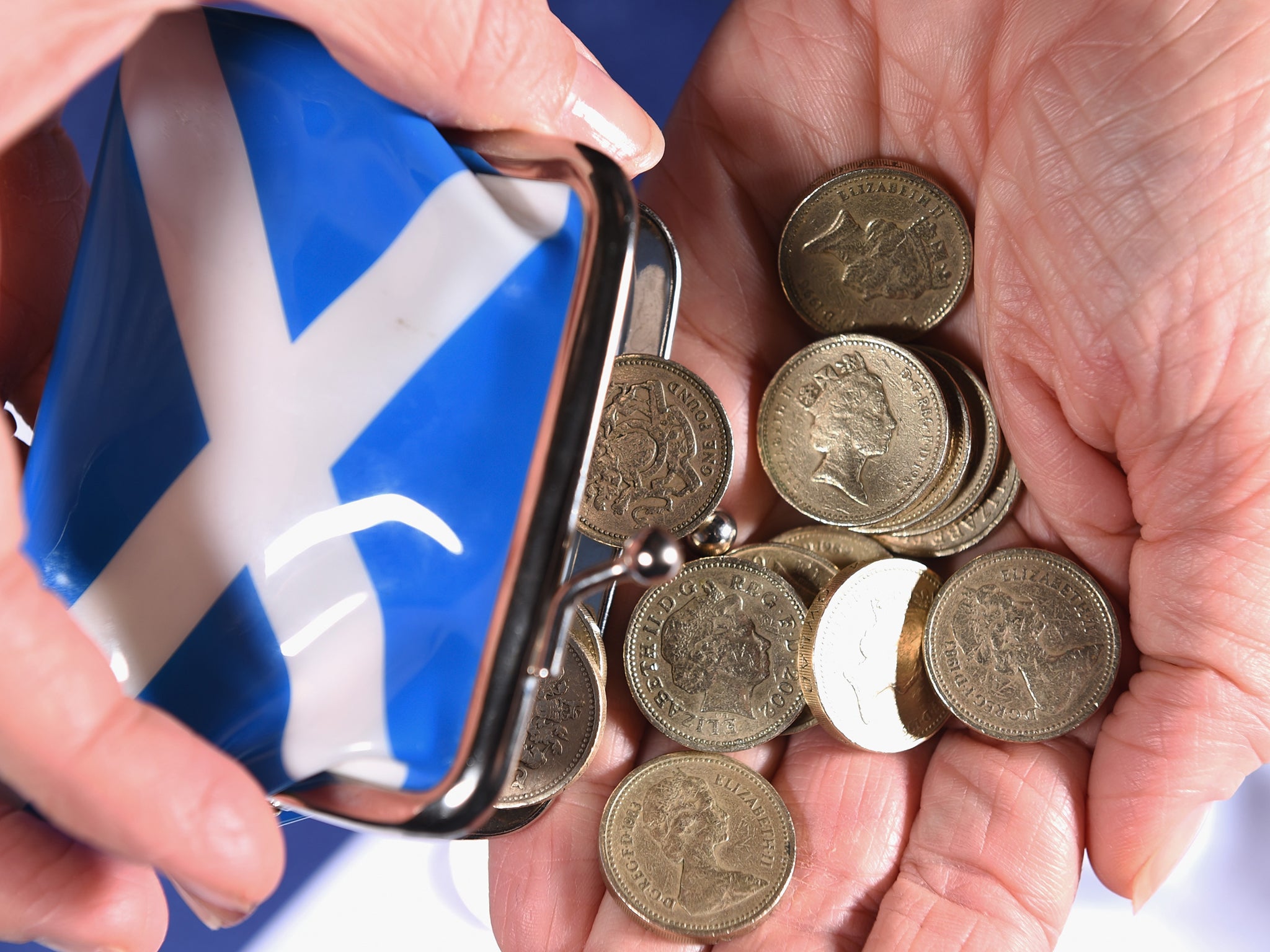Labour plans tax rise for over a million Scots to avoid swingeing cuts
Under the change a person earning £25,000 would pay an extra £140 in tax annually

Your support helps us to tell the story
From reproductive rights to climate change to Big Tech, The Independent is on the ground when the story is developing. Whether it's investigating the financials of Elon Musk's pro-Trump PAC or producing our latest documentary, 'The A Word', which shines a light on the American women fighting for reproductive rights, we know how important it is to parse out the facts from the messaging.
At such a critical moment in US history, we need reporters on the ground. Your donation allows us to keep sending journalists to speak to both sides of the story.
The Independent is trusted by Americans across the entire political spectrum. And unlike many other quality news outlets, we choose not to lock Americans out of our reporting and analysis with paywalls. We believe quality journalism should be available to everyone, paid for by those who can afford it.
Your support makes all the difference.More than a million Scots will start paying higher rates of income tax than the rest of the UK to help fund public services if Labour is elected at Holyrood in May, under plans set to be announced by the party on 2 February.
The new Scottish rate of income tax should be increased by 1p to end the need for swingeing cuts to local councils currently being pushed through by the SNP government, Scottish Labour leader Kezia Dugdale will say in a speech in Edinburgh.
The policy, described as her most significant decision since being elected leader, would raise almost £500 million a year but will result in teachers, nurses and other Scottish workers earning more than £20,000 a year having to pay more in tax.
Under the change a person earning £25,000 would pay an extra £140 in tax annually, rising to £290 for someone earning £40,000. The richest would be hit hardest, but Labour sources claimed most Scots would “not really notice” the modest increase in their tax bills.
Although it is undoubtedly an electoral gamble, the proposal will allow Labour to position itself as more progressive than the SNP ahead of the Scottish Parliament election. When he unveiled his draft budget for 2016/17 in December, Finance Minister John Swinney announced that the Scottish rate of income tax would remain at 10p, in line with the rest of the UK, despite the Scottish Government being given the power to raise it from April.
Labour’s proposed change would effectively mean that the Scottish basic rate of income tax would rise to 21 per cent. As part of the policy those earning less than £20,000 a year would be given £100 to boost their incomes, paid for using around £50m of the money raised from the increase in tax.
“Given the choice between using our powers or making cuts to our children’s future, we choose to use our powers,” Ms Dugdale will say. “We will tear up this SNP budget that simply manages Tory cuts and instead use the power we have to set the Scottish rate of income tax one pence higher than the rate set by George Osborne. This will provide an extra half a billion pounds a year to invest in the future.
“We don’t do this because we want to use the powers for their own sake. We do it because there is no other alternative to cutting into our nation’s future. It enables us to stop cuts to schools and other vital public services, and to guarantee that spending on education will be protected in real terms in the next five years.”
Join our commenting forum
Join thought-provoking conversations, follow other Independent readers and see their replies
Comments